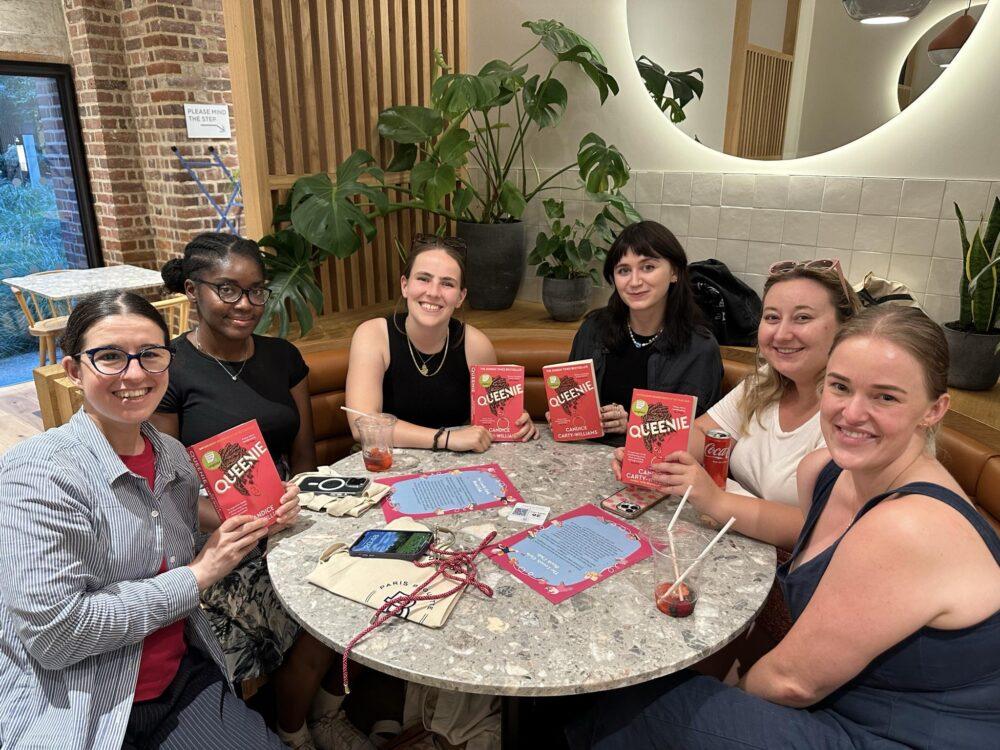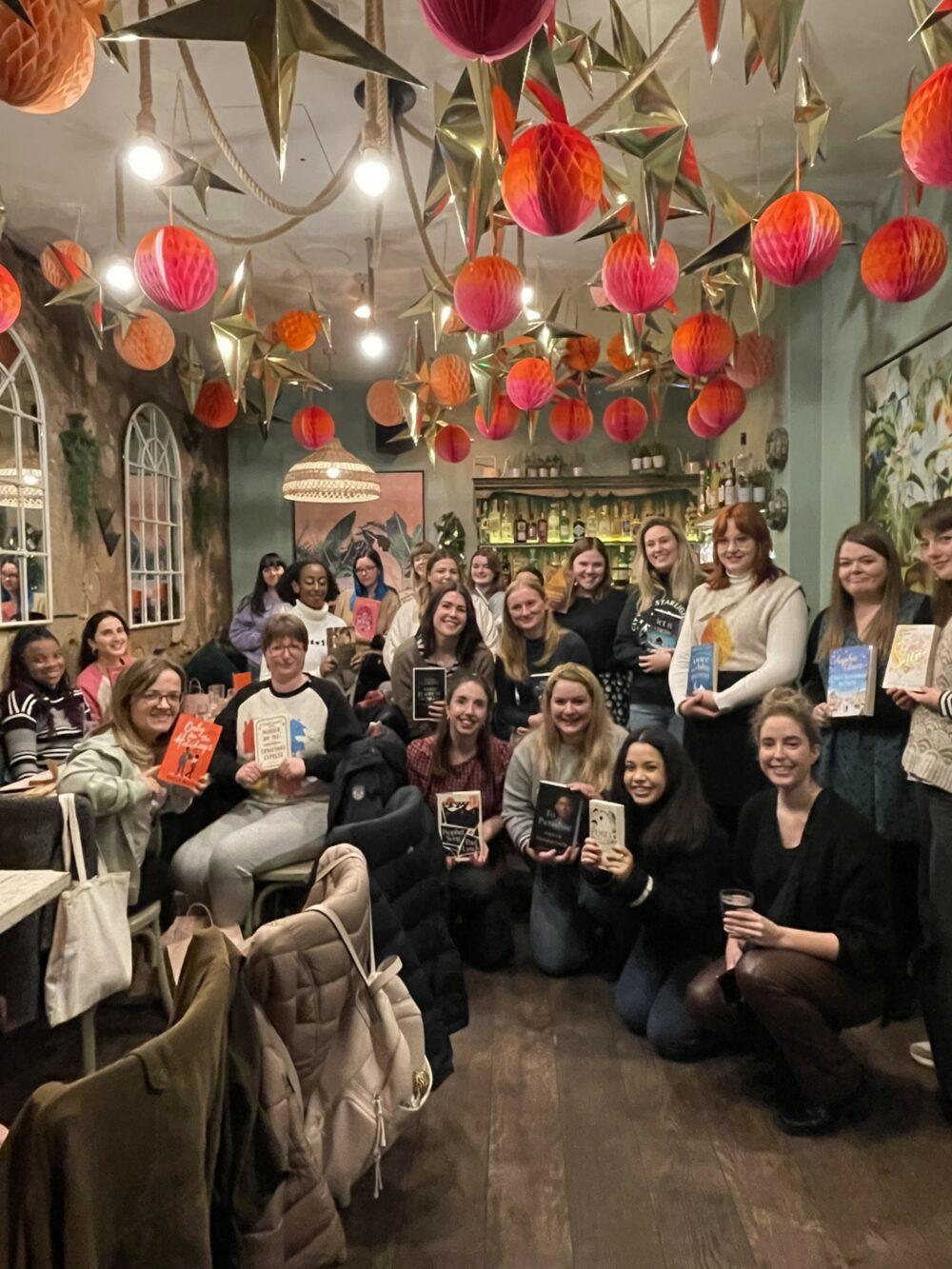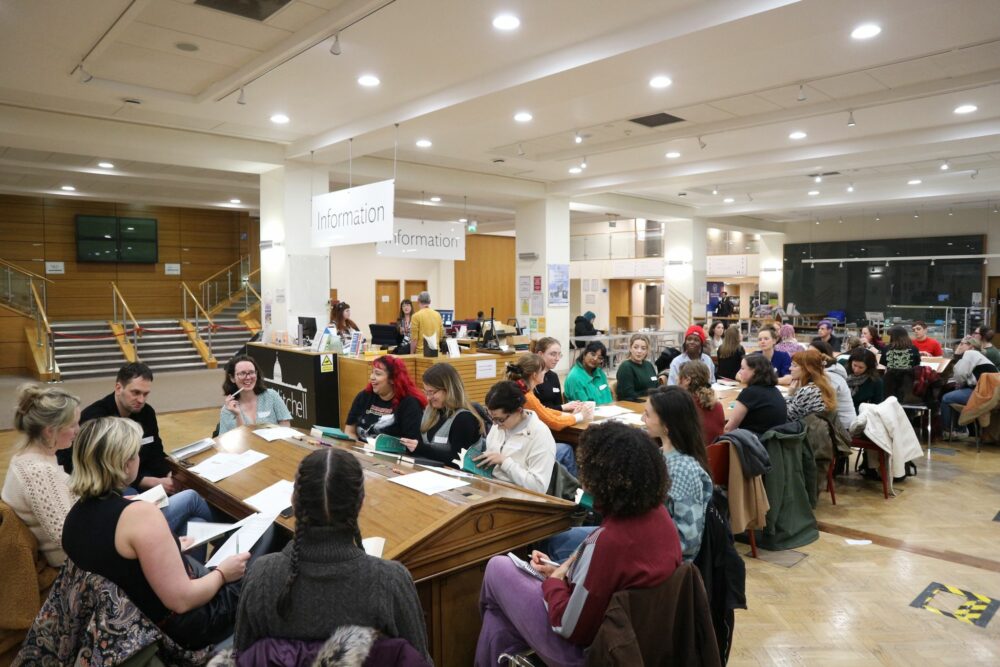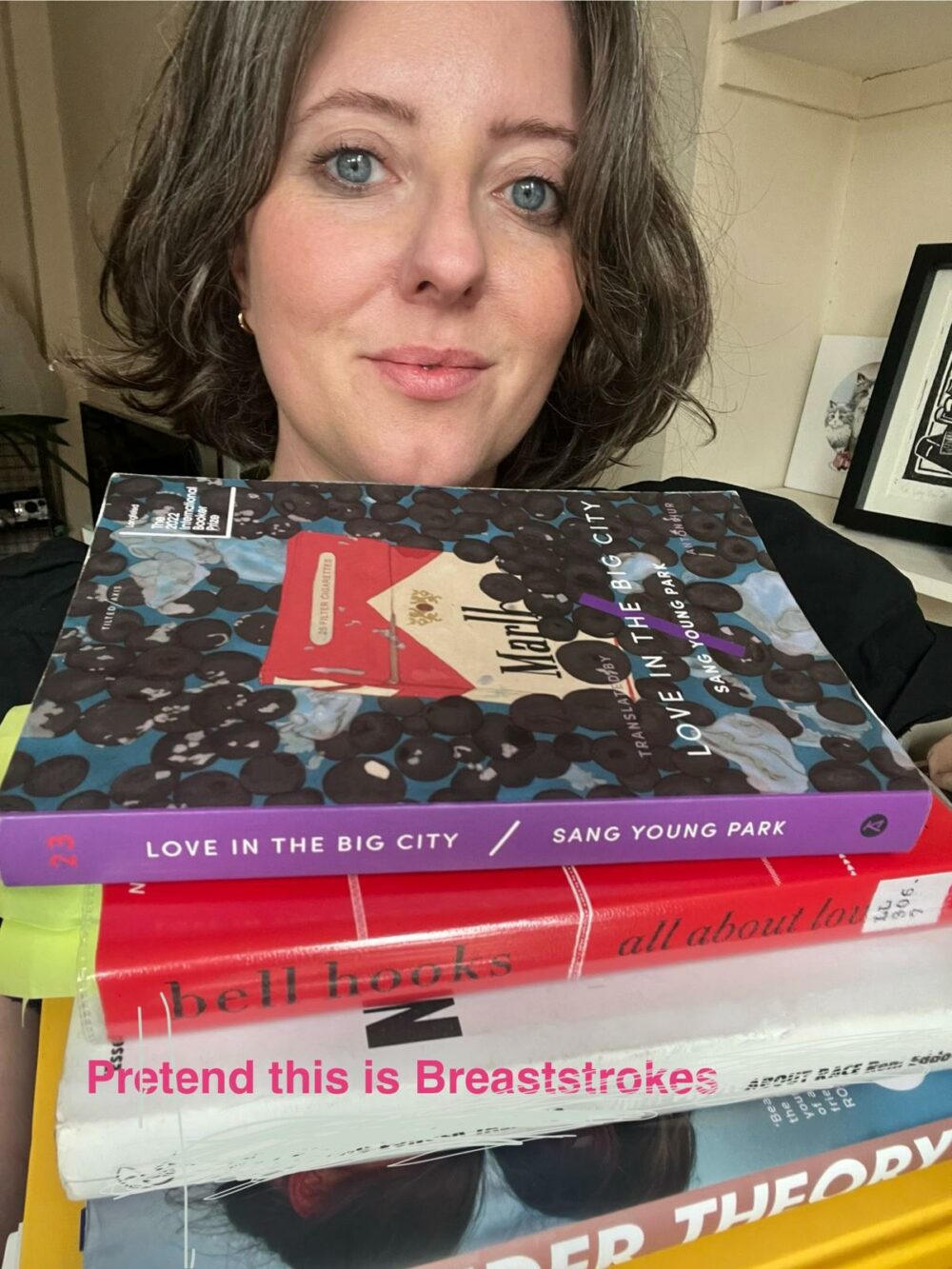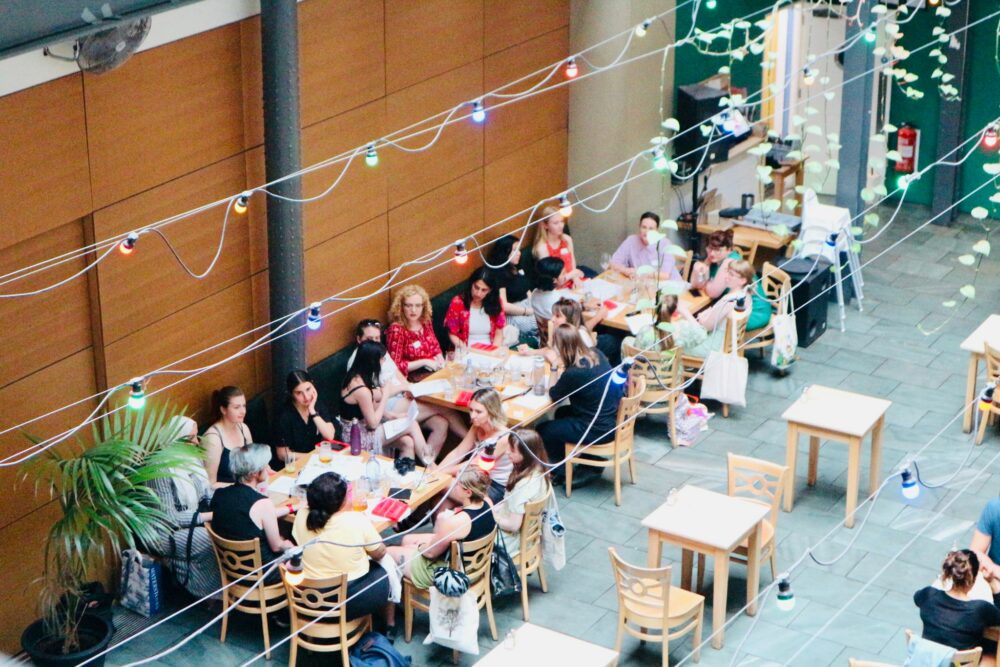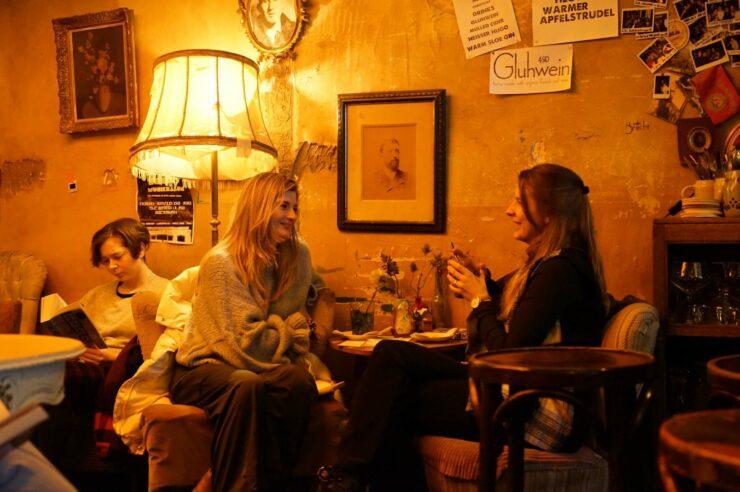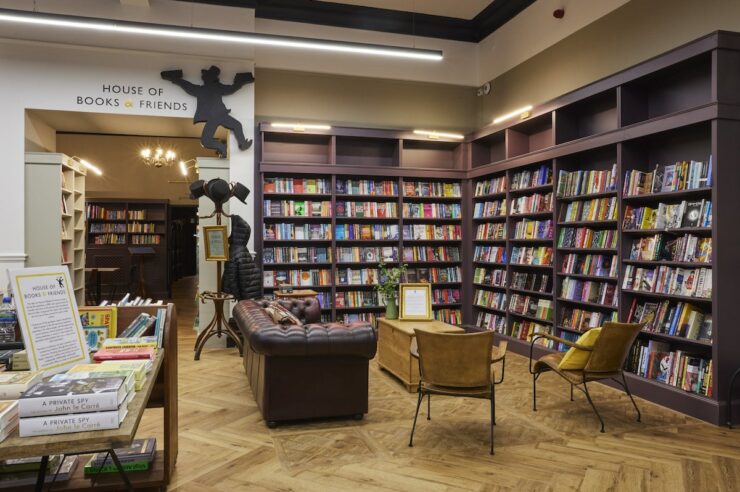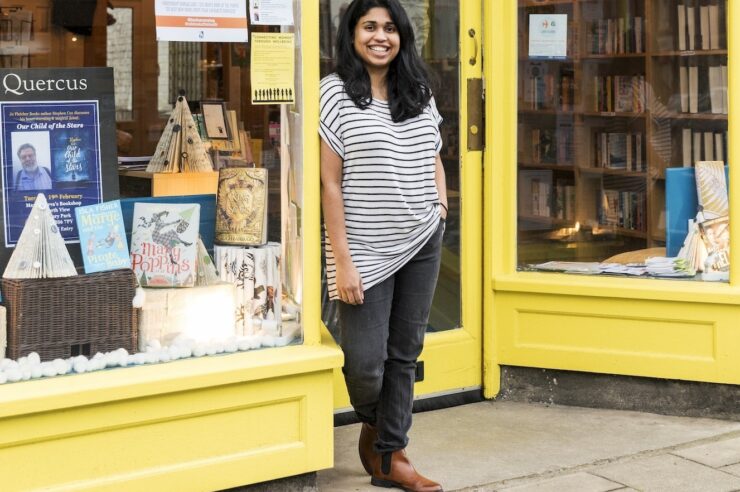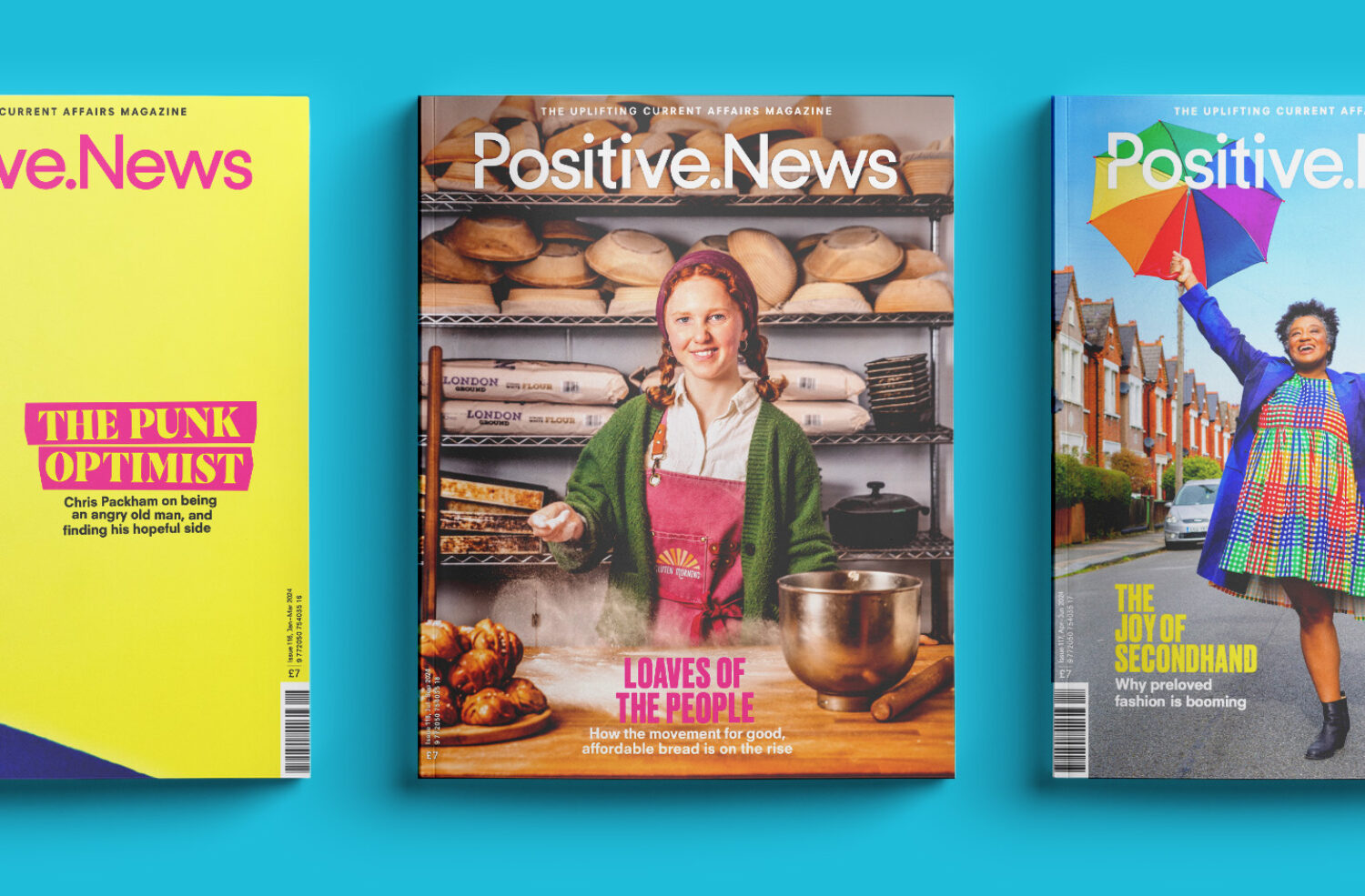A desire for offline community and connection is fuelling a resurgence of interest in book clubs in the UK
Move over, Netflix – there’s a novel favourite pastime in town. From Dua Lipa’s celebrity-endorsed reading circle to the quiet allure of ‘silent’ book clubs, Brits are rediscovering the joy of reading together. But these gatherings are not just about ploughing through books: they’re about community, connection and a refreshing escape from our screen-dominated lives.
“The rise of book clubs is a testament to our longing for deeper connections,” says Holly Cooke, founder of The Lonely Girls Club, which has branches in London, Manchester, Birmingham and Nottingham. Her community started as a friendship network for women and has recently expanded to include book clubs.
Across the UK, book clubs are experiencing a renaissance. Eventbrite reported a 350% increase in book club listings over the past four years, with more than 127,000 attendees getting together over their shared love of the written word. Meetup revealed that ‘book club’ has surged back into the top 10 most searched events, reclaiming its popularity after a dip in 2021.
The resurgence of book clubs is more than just a statistical anomaly. Many believe it’s a cultural phenomenon. The Feminist Book Club in Glasgow, founded by Stefanie McCartney, is among the clubs to experience a surge of interest in recent months, growing from a small group to having 25 to 40 attendees per event.
“I discovered the book club on Eventbrite in 2021, as things were starting to open up [following the Covid-19 lockdowns],” says Marta Kizym, a regular attendee. “I loved it because we were all just relaxing at home in our comfies, but what I really cherish is meeting new people and forming genuine connections. I’ve made many close friends through the book club, people I can truly be myself with.”
Recent titles to have been pored over at the Feminist Book Club include Love in the Big City by Sang Young Park, Our Women on the Ground: Essays by Arab Women Reporting from the Arab World, and ‘Mask Off: Masculinity Redefined by JJ Bola. The next book on their list is Kim Jiyoung, Born 1982.
Today’s clubs are as varied as the tomes on our shelves. Clubs tailored to specific communities, interests and genres are thriving. For instance, the Crime and Nourishment Book Club & Social Dining Group combines literature with culinary delights, while the Virtual Knitting Book Club brings together literature enthusiasts who also share a passion for knitting.
Clubs like the Literally Black Book Club focus on amplifying Black voices and exploring literature from Black authors. Similarly, the Little Gay Book Club offers a safe space for LGBTQ+ individuals to explore literature that resonates with their lived experiences.
Among the newer trends are ‘silent’ book clubs, where participants enjoy individual reading in a shared quiet space. These gatherings cater to introverts and offer a unique way to connect through shared silence.
What I really cherish is meeting new people and forming genuine connections. I’ve made many close friends through the book club, people I can truly be myself with
So, what’s driving the boom? For many, it’s about reconnection. “The loneliness epidemic, the need for friendship and connection has been there for a very long time but I think the pandemic expedited it and brought some of these conversations to the floor,” Cooke notes.
Post-pandemic, the desire for face-to-face interaction is strong, and book clubs provide a structured, welcoming environment for meeting new people.
“Book clubs give people a bit of structure again in their lives, a bit of purpose and meaning,” McCartney adds. “They know they’re connected to people in whatever way they want to be connected, and that can be developed or just dipped into whenever they feel like it.”
In an era of digital overload, book clubs also provide a welcome digital detox. After spending lockdown glued to screens, people are finding solace in physical books and in-person discussions. “People don’t want to be on their phones any more,” shares Cooke. “They’re trying to get away from technology in a variety of different ways: you can see it from the increase in vinyl sales, in Polaroid cameras, in journaling and also in reading.”
Many book clubs are also sober spaces, offering a refuge from the alcohol-centric culture of traditional social gatherings. “We very intentionally try to have a mix of events every month, ensuring we include alcohol-free options,” notes Cooke. “We want everyone to feel welcome, regardless of their reasons for not drinking.”
“We’ve seen quite a lot of damage from alcohol-centered spaces and groups,” McCartney echoes. “People need to know there are alternatives that bring joy and fulfilment without relying on alcohol.”
We very intentionally try to have a mix of events every month, ensuring we include alcohol-free options. We want everyone to feel welcome
Laura Menendez, another book club goer, adds: “For me, it’s the feeling of being welcome in a non-consuming space that circles around community. It’s one of the few things you can do nowadays that don’t involve spending money or consuming anything. It has reinstated my belief in the value of community and diversity in communities.”
Social media has played a pivotal role in this resurgence. Platforms like TikTok and Instagram have fuelled interest, with #BookTok alone amassing more than 35m posts. Gen Z icons like singer Dua Lipa and model Kaia Gerber have launched their own clubs, bringing fresh faces and voices into the literary fold.
So, whether you’re seeking a community, craving a break from screens, or just looking for a new way to connect, book clubs are proving that the age-old tradition of reading together is far from passé. The signs are, it’s never been more relevant.
Main image: SolStock
Support solutions in 2024
Positive News is helping more people than ever to get a balanced and uplifting view of the world. While doom and gloom dominates other news outlets, our solutions journalism exists to support your wellbeing and empower you to make a difference towards a better future.
But our reporting has a cost and, as an independent, not-for-profit media organisation, we rely on the financial backing of our readers. If you value what we do and can afford to, please get behind our team with a regular or one-off contribution.
Give once from just £1, or join 1,400+ others who contribute an average of £3 or more per month. You’ll be directly funding the production and sharing of our stories – helping our solutions journalism to benefit many more people.
Join our community today, and together, we’ll change the news for good.


